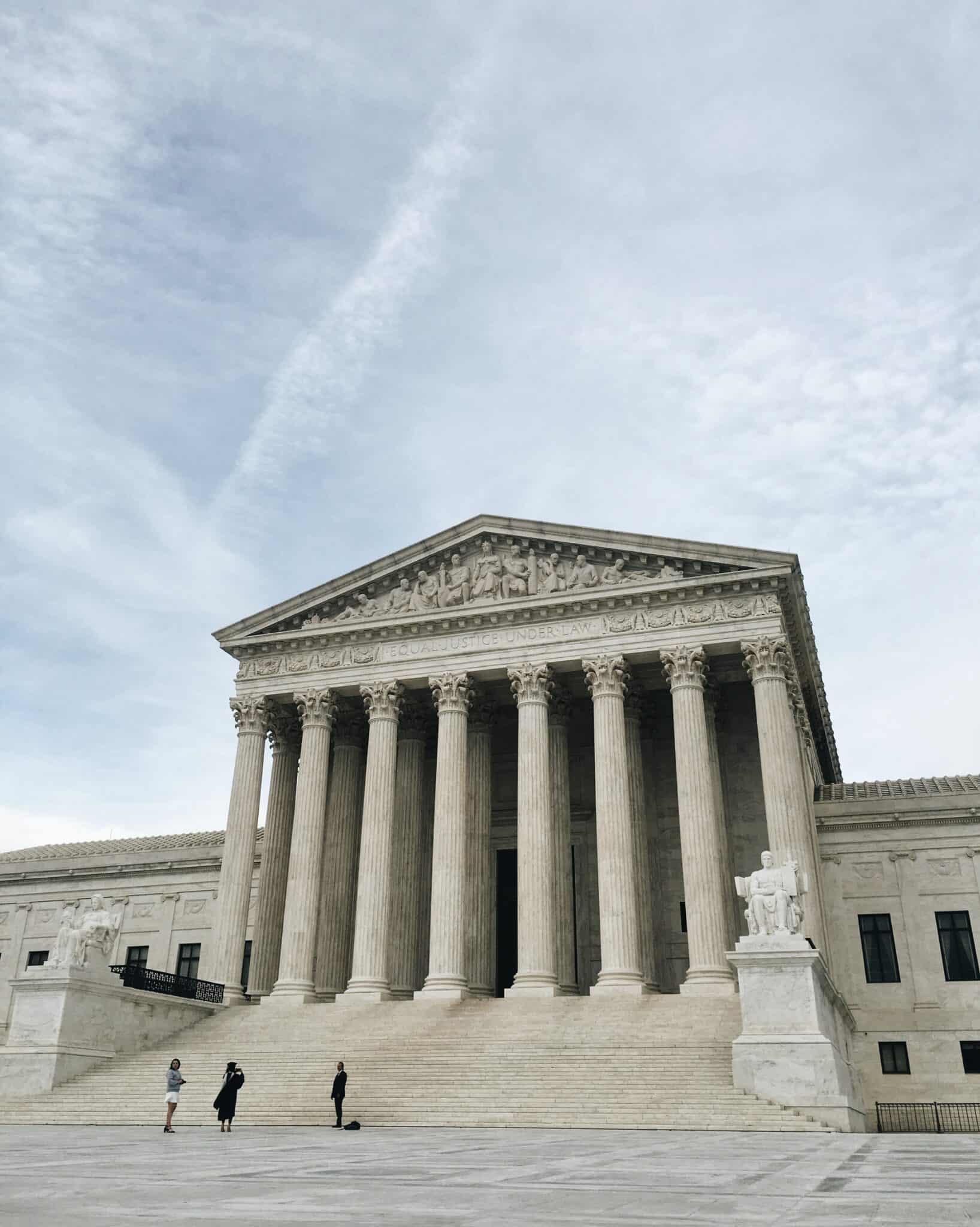
Holden Hopkins is a student at Harvard Law School.
In today’s News & Commentary, uncertainty reigns for labor law following the Supreme Court’s rulings in recent cases and labor unions push for more worker voice on federal job training programs.
The Supreme Court issued rulings on Thursday in SEC v. Jarkesy and Friday in Loper Bright Enterprises v. Raimondo.The Court in Jarkesy held that defendants appearing before administrative law judges have the right to request a federal jury decide their case when the agency seeks financial penalties. And in Loper Bright, the Court overturned Chevron v. Natural Resources Defence Council, doing away with “Chevron deference.”
In December, Darin issued a four-part series on what a post-Chevron world could mean for the NLRB, and Jason has also written for the blog on this subject. Prior to this decision, Bloomberg reported that the Department of Labor had already begun to abandon Chevron deference arguments as a defense to challenged regulations. And in an interview with CNN, Professor Sharon Block of Harvard’s Center for Labor and a Just Economy laid out what the Court’s ruling in Loper Bright signals, stating “[t]he least democratic part of the government will determine what kind of protections the American people have … that Congress has entrusted to agencies.”
The impacts of the Jarkesy ruling may be more limited for the NLRB, at least initially. This is because that case dealt with jury trials only in the case of legal remedies, like financial penalties, while the damages the NLRB is entitled to seek are almost entirely make-whole equitable remedies. However, the Department of Labor and other agencies may soon face similar challenges to their uses of administrative law judges.
Following the House’s reauthorization of the Workforce Innovation and Opportunity Act, the Senate is engaged in a bipartisan effort to do the same. Senator Bernie Sanders and Representative Virginia Foxx, a Republican from North Carolina are working together to lead that effort, which has the support of governors from both parties and some of the nation’s largest businesses. The WIOA is the U.S.’s largest job-training program funding law and it establishes local workforce development boards to administer those funds across the country.
Despite the bipartisan support for the legislation, some unions are objecting to what they see as a lack of worker input on those workforce development boards. In May, the AFL-CIO sent a letter to lawmakers requesting equal labor representation on those boards and that funds only go to employers who pledge to remain neutral in organizing campaigns. Representative Bobby Scott, the ranking Democrat on the House Education and Workforce Committee, said that progress is being made on labor representation, though noted it may not be exactly what the unions are seeking.






Daily News & Commentary
Start your day with our roundup of the latest labor developments. See all
July 4
The DOL scraps a Biden-era proposed rule to end subminimum wages for disabled workers; millions will lose access to Medicaid and SNAP due to new proof of work requirements; and states step up in the noncompete policy space.
July 3
California compromises with unions on housing; 11th Circuit rules against transgender teacher; Harvard removes hundreds from grad student union.
July 2
Block, Nanda, and Nayak argue that the NLRA is under attack, harming democracy; the EEOC files a motion to dismiss a lawsuit brought by former EEOC Commissioner Jocelyn Samuels; and SEIU Local 1000 strikes an agreement with the State of California to delay the state's return-to-office executive order for state workers.
July 1
In today’s news and commentary, the Department of Labor proposes to roll back minimum wage and overtime protections for home care workers, a federal judge dismissed a lawsuit by public defenders over a union’s Gaza statements, and Philadelphia’s largest municipal union is on strike for first time in nearly 40 years. On Monday, the U.S. […]
June 30
Antidiscrimination scholars question McDonnell Douglas, George Washington University Hospital bargained in bad faith, and NY regulators defend LPA dispensary law.
June 29
In today’s news and commentary, Trump v. CASA restricts nationwide injunctions, a preliminary injunction continues to stop DOL from shutting down Job Corps, and the minimum wage is set to rise in multiple cities and states. On Friday, the Supreme Court held in Trump v. CASA that universal injunctions “likely exceed the equitable authority that […]